In the realm of civil engineering, mining, and geology, understanding the behavior of rock is not optional — it’s essential. Before tunnels are bored, bridges are built, or dams are erected, engineers must answer a crucial question: Is the ground strong enough?
The answer lies in rock testing. And the tools used to obtain these answers are nothing short of foundational. At Engineering Solutions Equipment (ESE), we specialize in advanced, accurate, and industry-compliant rock testing equipment designed to meet the highest standards of geotechnical and structural safety.
Why Rock Testing Matters
Rocks form the very base of large-scale construction. Their physical and mechanical properties directly influence the success and safety of structures above them. Testing these properties ensures that the materials are suitable for the project, helping engineers mitigate risks and design with confidence.
Without thorough rock testing, structural failures, landslides, or tunnel collapses could become catastrophic realities. That’s why having reliable rock testing equipment is critical — not only for compliance but for safety and sustainability.
What Does Rock Testing Evaluate?
Before diving into the equipment, it’s important to understand what kind of data rock testing reveals. It helps determine:
- Strength and elasticity of rock material
- Fracture and failure points under stress
- Porosity and water absorption
- Hardness and abrasion resistance
- Deformation under different loads
These tests support everything from selecting blasting techniques to designing underground structures.
Rock Testing Equipment Offered by ESE
At Engineering Solutions Equipment (ESE), our commitment is to provide equipment that offers precision, durability, and user-friendliness, built for both field and laboratory applications.
Our range of rock testing machines includes:
1. Uniaxial Compression Test Apparatus
Measures the compressive strength of cylindrical rock samples. A vital test for determining structural load-bearing capacity.
2. Point Load Index Tester
Ideal for quick field or lab strength assessments, especially when core samples are limited.
3. Triaxial Cell for Rock Testing
Used to study rock behavior under simulated in-situ stress conditions. It evaluates how rock behaves under multiple axes of pressure, especially important in tunneling and deep excavation.
4. Core Cutting and Drilling Machines
Used to extract cylindrical rock samples from larger masses. Our machines ensure smooth cutting with minimal micro-cracking.
5. Slake Durability Apparatus
Evaluates the resistance of rock to weathering and disintegration, especially useful for sedimentary rocks like shale and siltstone.
6. Direct Shear Apparatus for Rock
Assesses the shear strength of rock joints, fault lines, and bedding planes — especially useful in slope and dam design.
Each of these systems is engineered with precise control mechanisms, robust build quality, and conformity with international testing standards such as IS, ASTM, and BS.
Benefits of Choosing ESE’s Rock Testing Equipment
When engineers and institutions choose Engineering Solutions Equipment, they invest in:
- Accuracy and repeatability of results
- Long-term reliability under rugged usage
- Ease of operation with user-friendly controls
- Low maintenance and robust construction
- Customization for specific project requirements
Whether for a national highway authority, a private geotechnical lab, or an academic research facility, our systems cater to both high-volume commercial use and precision-focused research.
Applications of Rock Testing Equipment
Our rock testing solutions serve a wide range of industries and purposes:
- Tunneling and underground mining projects
- Hydroelectric power plant foundation studies
- Road and bridge foundation analysis
- Railway embankment stabilization
- Geological surveys and research
- Landslide and slope failure assessments
In each application, accurate rock testing not only saves money but can also save lives by predicting instability before it becomes a hazard.
Rock Testing: The Science That Supports Every Structure
It’s easy to admire a towering bridge or a winding highway, but few stop to consider what holds it up. Below ,all the concrete and steel is stone, and understanding its strength is what makes these structures possible.
That’s the power of rock testing — and that’s why Engineering Solutions Equipment is proud to be a part of the science behind the structure.
Conclusion: Testing That Builds Trust
Behind every enduring dam, every safe tunnel, and every stable slope lies a battery of rigorous rock tests — and behind those tests stands Engineering Solutions Equipment.
With our high-performance rock testing machines, we empower engineers, geologists, and institutions to build with certainty, ensuring that every project stands on a foundation of trusted data and engineered quality.
Choose ESE — because when the ground matters, precision matters more.
FAQs – Rock Testing Equipment
Q1. What is the most common rock test in geotechnical engineering?
The Uniaxial Compressive Strength (UCS) Test is one of the most common and essential tests to evaluate a rock’s load-bearing capacity.
Q2. How do I choose the right rock testing machine?
Consider your application — field testing, lab research, or commercial usage. The type of rock, test standards, and volume of testing will guide the right choice. At ESE, we also offer consultation to help you select the ideal system.
Q3. Is the equipment compliant with international standards?
Yes, our equipment adheres to major global standards such as IS:9143, ASTM D7012, and BS 1377.
Q4. Can I use the same equipment for soil and rock?
Some equipment may be dual-purpose, but rocks typically require more robust systems due to higher strength and density. It’s best to use equipment specifically designed for rock mechanics.
Q5. Does ESE provide installation and after-sales support?
Absolutely. We provide full technical support, user training, calibration services, and annual maintenance contracts to ensure your systems stay reliable.
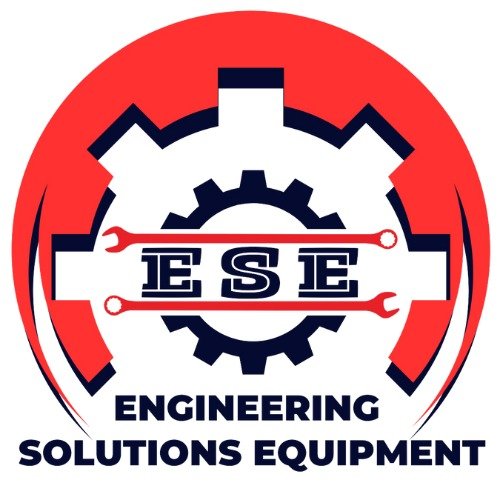

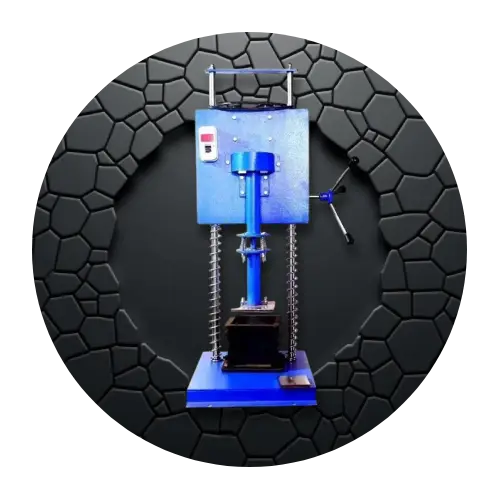
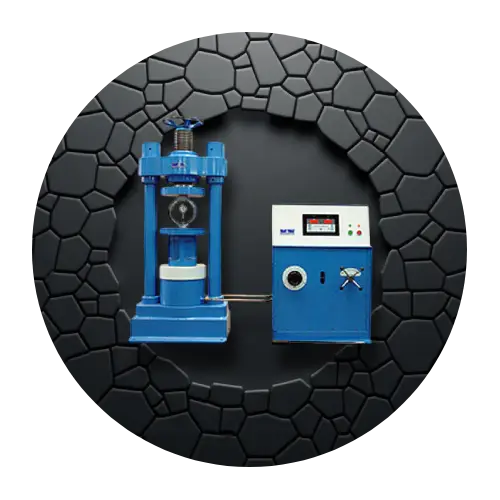
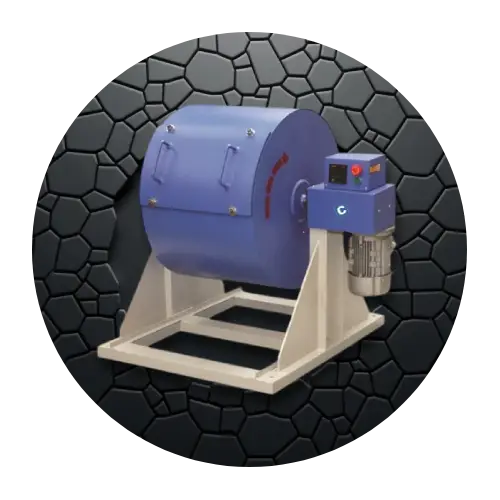
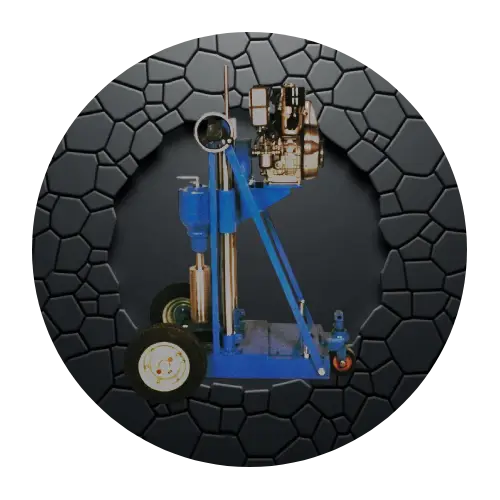
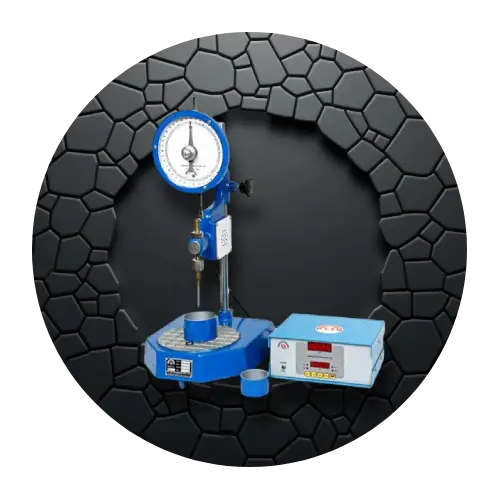




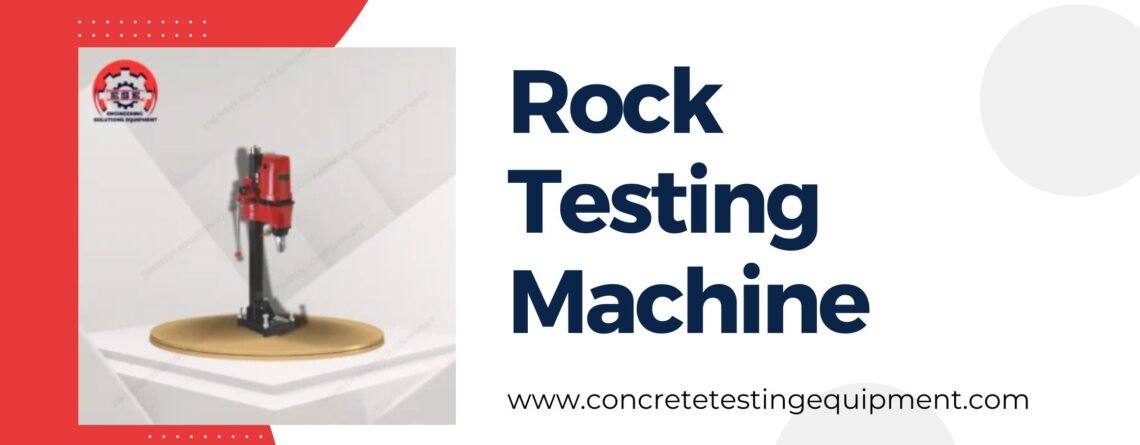


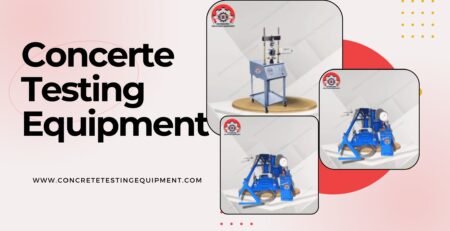
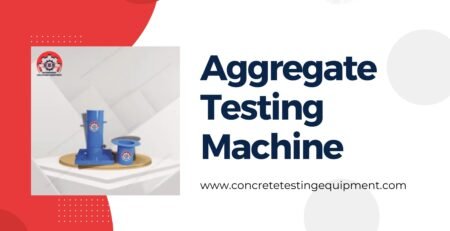
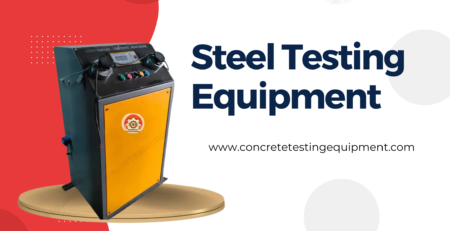


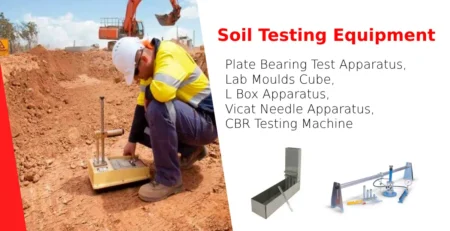



Leave a Reply